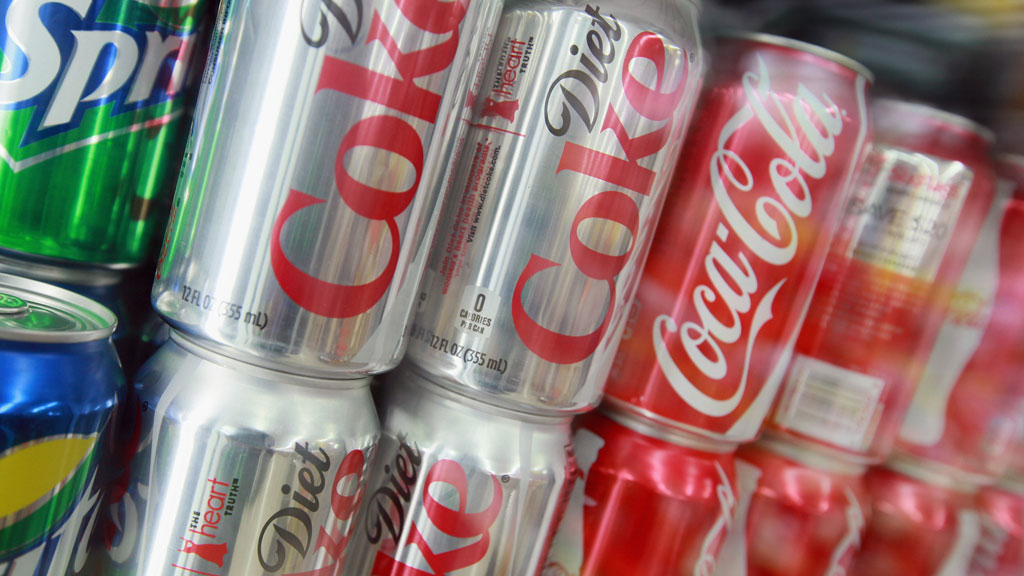Charity calls for new tax on sugary drinks
The price of fizzy, sugary drinks should be raised by as much as 20 p a litre, says a new report, with the proceeds of a new tax going towards schemes which improve child health.
“Sugar-laden drinks are mini-health timebombs”, according to Charlie Powell, campaigns manager at the food and farming charity Sustain, which is calling for a new tax on the drinks, with proceeds to be spent on improving child health.
A new report by the organisation says increasing the price of sweetened drinks by up to 20 pence a litre could bring in an extra £1 bn for the government, and help save lives by tackling obsesity.
The report was backed by more than sixty other bodies, including the National Heart Forum and the Royal Society for Public Health. It calls on the chancellor George Osborne to announce the new levy in his budget in March, with the cash channeled directly into a new Children’s Future Fund.

Sustain chairman Mike Rayner, from Oxford University, said there was plenty of evidence to show that fiscal measures applied to food would work just as well as those designed to curb drinking and smoking.
“This modest proposal goes some way towards making the price of food reflect its true costs to society”, he said. “Our obsesity epidemic causes debilitating illness, life-threatening diseases and misery for millions of people. It is high time government did something effective about this problem.”
A study carried out in 2011 by the British Journal of Nutrition found that a 10 per cent tax on sugary drinks would cut consumption and improve health, echoing results found by a major American survey two years earlier.
Sugar-laden drinks are mini-health timebombs. Charlie Powell, Sustain
Several states in the US, are debating whether to impose duties on fizzy drinks, while others have followed New York by restricting super-sized portions.
France introduced a similar tax at the end of 2011, adding just over a penny to a can of Coke or Fanta, although diet drinks were exempt.
The French move raised some £100m for state funds, although there were consequences: Coca Cola announced it was pulling out of a planned 17 million euro investment in the south of France as “a symbolic protest against a tax that punishes our company and stigmatises our products”.
But efforts by the fizzy drinks giant to overhaul its image in the United States have somewhat backfired. A new television advertising campaign designed to show Coke products can be part of a healthy lifestyle has been widely lampooned, even described as “shameless” and a “damage control exercise”.
Here, the Sustain report claims that diet-related illness costs the NHS £6 bn every year. But representatives from the beverage industry deny they are the main cause of the problem.
The director general of the British Soft Drinks Association, Gavin Partington, said soft drinks contributed just two per cent of the total calories in the average diet, and taxing them would not tackle the problem of obesity.
Firms, he insisted, were already playing their part. “61 per cent of soft drinks now contain no added sugar and we have seen soft drinks companies lead the way in committing to further, voluntary action as part of the government’s Responsibility Deal Calorie Reduction Pledge.”
He claimed that raising taxes still further would hit people at a time when they could ill afford it.